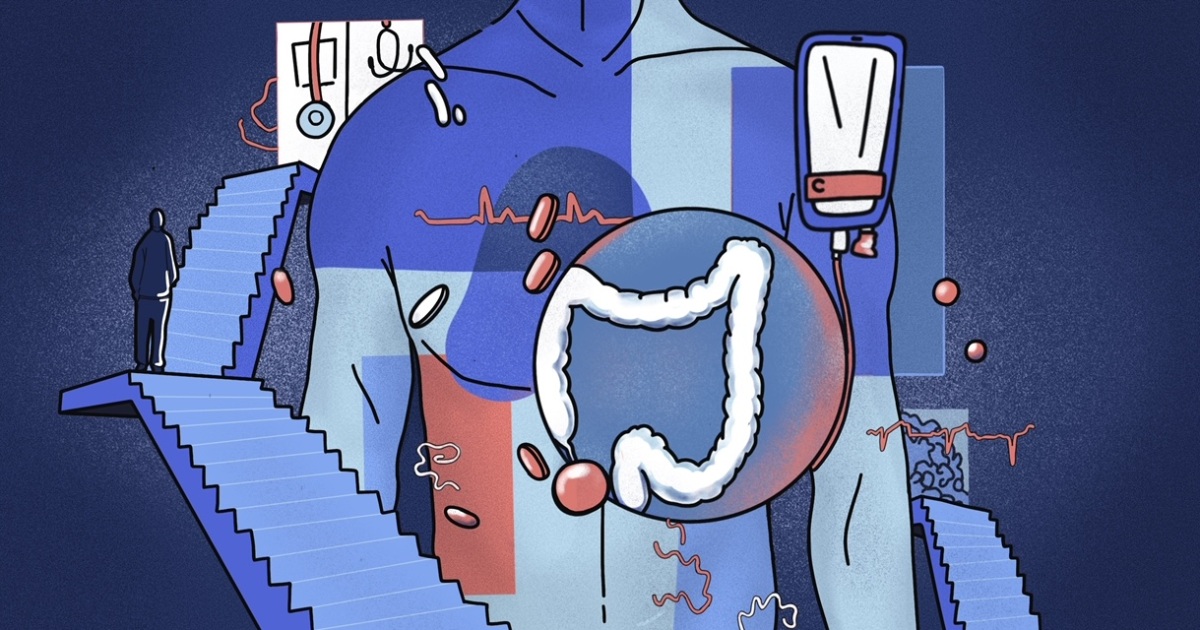Colorectal cancer rates have risen dramatically among young adults, but diagnosing patients in this group has proven difficult.
…
Dr. John Marshall, chief of hematology and oncology at MedStar Georgetown University Hospital, said that 30 years ago, he didn’t see any colorectal cancer patients under 50 at his clinic. Today, the group makes up more than half of the patients, he said. Many were healthy and active before their diagnosis, Marshall added, with no family history of the disease.
“It’s the same kind of cancer but shifted earlier in age,” he said.
Doctors and researchers can’t fully explain the trend. And a combination of factors — including that young people don’t get regular screenings, are more likely to ignore symptoms and may not see a doctor regularly — can make diagnoses challenging.
A survey from the Colorectal Cancer Alliance showed that 75% of young colorectal cancer patients and survivors visited at least two physicians before getting diagnosed, and 40% said their providers dismissed their symptoms and concerns.



My husband was diagnosed at age 45, but he had two major symptoms for YEARS before the diagnosis: 1. persistent constipation requiring laxative and enemas, 2. chronic anemia. He used to take iron supplements just so he could donate blood, but never told the doctor. Later, the doctor told us that when she sees anemia in a man, the first thing she thinks is colon cancer.